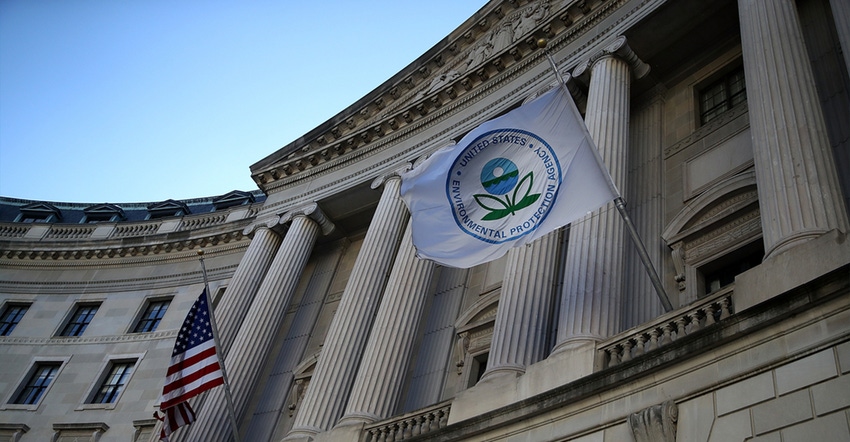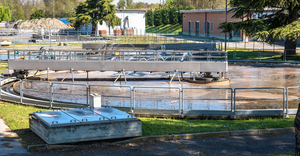
The Biden administration once again confirmed its commitment to environmental and social justice policy aimed at creating public health protections.
On October 18, Environmental Protection Agency (EPA) Administrator Michael S. Regan issued a Strategic Roadmap that calls for chemical manufacturers to follow a national testing strategy that will detail toxicity data and information regarding per-and polyfluoroalkyl substances (PFAS), also known as “forever chemicals”.
“For far too long, families across America – especially those in underserved communities – have suffered from PFAS in their water, their air, or in the land their children play on,” said EPA Administrator Michael S. Regan, during the announcement. “This comprehensive, national PFAS strategy will deliver protections to people who are hurting, by advancing bold and concrete actions that address the full lifecycle of these chemicals. Let there be no doubt that EPA is listening, we have your back, and we are laser focused on protecting people from pollution and holding polluters accountable.”
The roadmap follows research and analysis completed by the EPA Council of PFAS, which was established in April 2021. It allows the agency to set enforceable limits of PFAS in drinking water.
"This roadmap commits the EPA to quickly setting enforceable drinking water limits for these chemicals as well as giving stronger tools to communities to protect people’s health and the environment," said North Carolina Governor Roy Cooper, in a statement. "As we continue partnering with the EPA on this and other important efforts, the Bipartisan Infrastructure Deal and the larger budget resolution would provide critical help by dedicating significant resources to address PFAS contamination."
The Centers for Disease Control and Prevention (CDC) has stated high levels of exposure to PFAS are a “public health concern.” The chemicals’ properties are desirable in products for resisting heat, oil, stains, grease and water – such as non-stick cooking pans.
Testing completed on lab animals showed high levels of PFAS can cause decreased vaccine response, increase liver enzymes, birth defects, delayed development, newborn death and higher predisposition to kidney, testicular and other cancers.
Proponents of more stringent protections against PFAS contamination lauded the roadmap as a step forward.
“No one should have to worry about toxic forever chemicals in their tap water,” said Scott Faber, senior vice president for government affairs, Environmental Working Group, in a statement. “We’re grateful that Administrator Regan will fulfill President Biden’s pledge to address PFOA and PFOS in our tap water and will begin to turn off the tap of industrial PFAS pollution.”
Still, others call for swifter action to stop industrial PFAS pollution sooner rather than later.
“While the roadmap contains some potentially positive steps forward, the plans announced today are not enough, or fast enough, to tackle the ongoing PFAS crisis,” said Daniel Rosenberg, federal toxics policy director, National Resources Defense Council (NRDC), in a statement. “As it heads down this road, EPA needs to regulate the chemical industry as a polluter—using all the tools Congress provided when it enacted the Clean Air Act, Clean Water Act, Safe Drinking Water Act, the Toxic Substances Control Act, and Superfund.”
Stay tuned for continuing coverage on the EPA's announcement this week on Waste360.
About the Author(s)
You May Also Like




